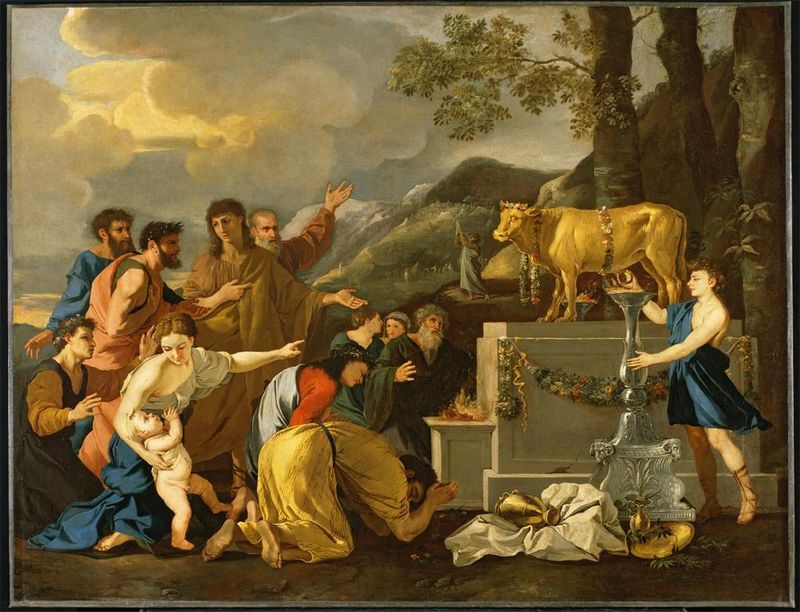In our secular world, belief in God is popularly linked with either delusion or dangerous political agendas.
In the West, it’s normal and “rational’ to say that there is no God since no scientific proof for Him exists.
How is a Christian to respond to such a foregone conclusion? Here are three to consider.
FIRST RESPONSE: FAULTY REASONING
To ask for proof for all things that are essential to life in order to affirm truth or gain certainty is extremely fuzzy logic. Human beings have always understood and dealt with the world in two ways.
Through science which seeks to explain how the world works, and what kind of patterns exist in nature. And through religion which seeks to explain the meaning and significance of reality.
In other words, the minute we start looking for meaning, we have already entered the realm of religion, or the realm of God, that is, we are always in search of significance and meaning.
There are two types of knowledge in the world: naturalist (or scientific) and idealist (or meaningful).
We cannot use the logic of the one to deal with the other.
For example, science can show, prove and study life on the planet. But it cannot answer this question, which each human beings needs to answer for himself – what is the moral purpose of life?
Naturalistic logic fails immediately, and we must turn to idealist logic which alone can explain meaning.
The logic of idealism deals with things not seen, such as, love, empathy, charity, friendship, hope, and goodness.
Man does not live my bread alone.
SECOND RESPONSE: THE MATTER OF TYRANNY
If God continually showed Himself so people would have proof – could we really look to Him for moral guidance? No, we could not. Why? The idea of morality depends upon another essential idea – free will.
If God continually showed up on earth and stopped both moral and natural evil as a demonstration of His power, what kind of creatures would we be? Would we not be slaves only motivated by fear of being found out? Certainly, such fear lies at the heart much human belief. But fear is not part of the equation in Christianity. This is why neither Hell nor Heaven are clearly defined. Here is true wisdom.
But if God is love, then He must be invisible so that we may have the ability to express our free will without hindrance. If God keeps interfering with our expression of freedom by becoming a looming, controlling presence, He becomes a tyrant, and He cannot love us, and we are not really free.
Perfect love and perfect freedom can only exist when individual will has the opportunity to be expressed unhindered. Therefore, God is silent and seemingly absent, so that we come to understand what a moral life is to be lived, not only through teaching but through practice.
THIRD RESPONSE: THE STRUCTURE OF GOD
God may choose to be invisible and absent, and yet He is immediately knowable through His structure. What does this mean?
Here we can borrow the logic of science and use it to understand a crucial point. All reality is constructed in a specific way; it has a structure.
There is a grand system, or guidebook to the all life and to the cosmos – something that science is becoming mature enough to understand.
Yes, for the many centuries, science has been childish, and therefore wilful and petulant, happy to rebel and deny God as a delusion.
But things have changed – the complexity of reality, of creation, has forced science to grow up and acknowledge what it has denied – that chaos cannot create order.
There is a grand design to everything. Nothing is random, even if it may at first appear to be so.
From the atom to the largest planets and stars; they all have a structure which gives them not only form and organization but also purpose.
For example, in medical science, the structure of disease must first be mapped; only then can a cure be formulated. And what is a cure? It is a competing structure that unhinges the harmful structure of the disease.
Therefore, nothing that exists is without structure. In other words, being is structure. But notice structure has two aspects: shape and function or purpose.
All things have a shape – and a purpose; they fulfill a role. This twin characteristic of reality is a reflection of God. He has a shape (the structure in which all reality exists – the sum of all life), and He has a purpose (the reason why there is something in the universe when there could be nothing).
The very fact that there is life means that there is God, since life has both shape and function, or purpose.
In these three ways, we see that when people say that there is no “proof” of God, and therefore He is simply a figment of the imagination, they are simply reaching for an easy answer in order to affirm their own moral choices, and these choice are often just emotions. In fact, most atheists are angry at God for some perceived let-down.
The question has nothing to do with God – it has everything to do with what people choose to do with their lives. But such is God’s love that He has generosity of purpose, and room enough in His structure, to permit disbelief and denial.
